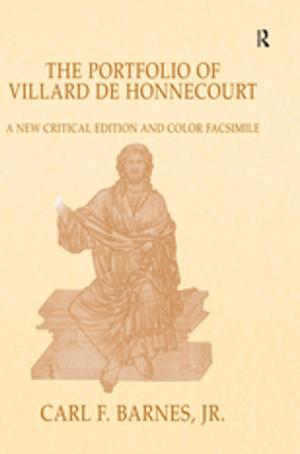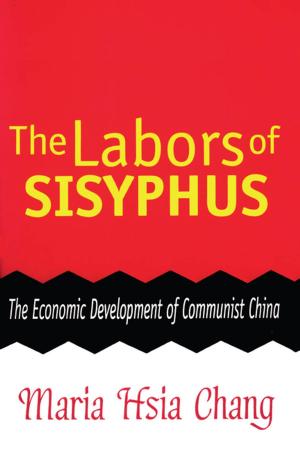| Author: | Calvin Hayes | ISBN: | 9781135979522 |
| Publisher: | Taylor and Francis | Publication: | September 3, 2008 |
| Imprint: | Routledge | Language: | English |
| Author: | Calvin Hayes |
| ISBN: | 9781135979522 |
| Publisher: | Taylor and Francis |
| Publication: | September 3, 2008 |
| Imprint: | Routledge |
| Language: | English |
This is the first book to compare Karl Popper and Friedrich Hayek systematically, and critically assess their contribution to the political philosophy of the Open Society. Hayes compares and contrasts their views on three key areas relevant to their political philosophy; first their views on scientific method, their views on philosophy of social science and then their moral philosophy including their meta-ethical views. The author focuses on their contributions to social science methodology, their ethical views about negative utilitarianism and negative rights, and their contrasting views on Utopianism. He finishes by arguing that their versions of liberal political philosophy are both immune to Alastair MacIntyre's critique of liberal individualism and also meet his challenge to the Enlightenment project.
Hayes' position is generally controversial in that he defends Popper and Hayek in areas where they are almost universally criticized, namely Hayek's notion of the meaninglessness of social justice and Popper's claim that there is no need for induction in either scientific reasoning or common sense reasoning. One main finding in this book concerns the two major problems that bedevil modern philosophy: induction and the is-ought problem. The author proposes an original solution to the is-ought problem as well to the infinite regress problem.
This is the first book to compare Karl Popper and Friedrich Hayek systematically, and critically assess their contribution to the political philosophy of the Open Society. Hayes compares and contrasts their views on three key areas relevant to their political philosophy; first their views on scientific method, their views on philosophy of social science and then their moral philosophy including their meta-ethical views. The author focuses on their contributions to social science methodology, their ethical views about negative utilitarianism and negative rights, and their contrasting views on Utopianism. He finishes by arguing that their versions of liberal political philosophy are both immune to Alastair MacIntyre's critique of liberal individualism and also meet his challenge to the Enlightenment project.
Hayes' position is generally controversial in that he defends Popper and Hayek in areas where they are almost universally criticized, namely Hayek's notion of the meaninglessness of social justice and Popper's claim that there is no need for induction in either scientific reasoning or common sense reasoning. One main finding in this book concerns the two major problems that bedevil modern philosophy: induction and the is-ought problem. The author proposes an original solution to the is-ought problem as well to the infinite regress problem.















